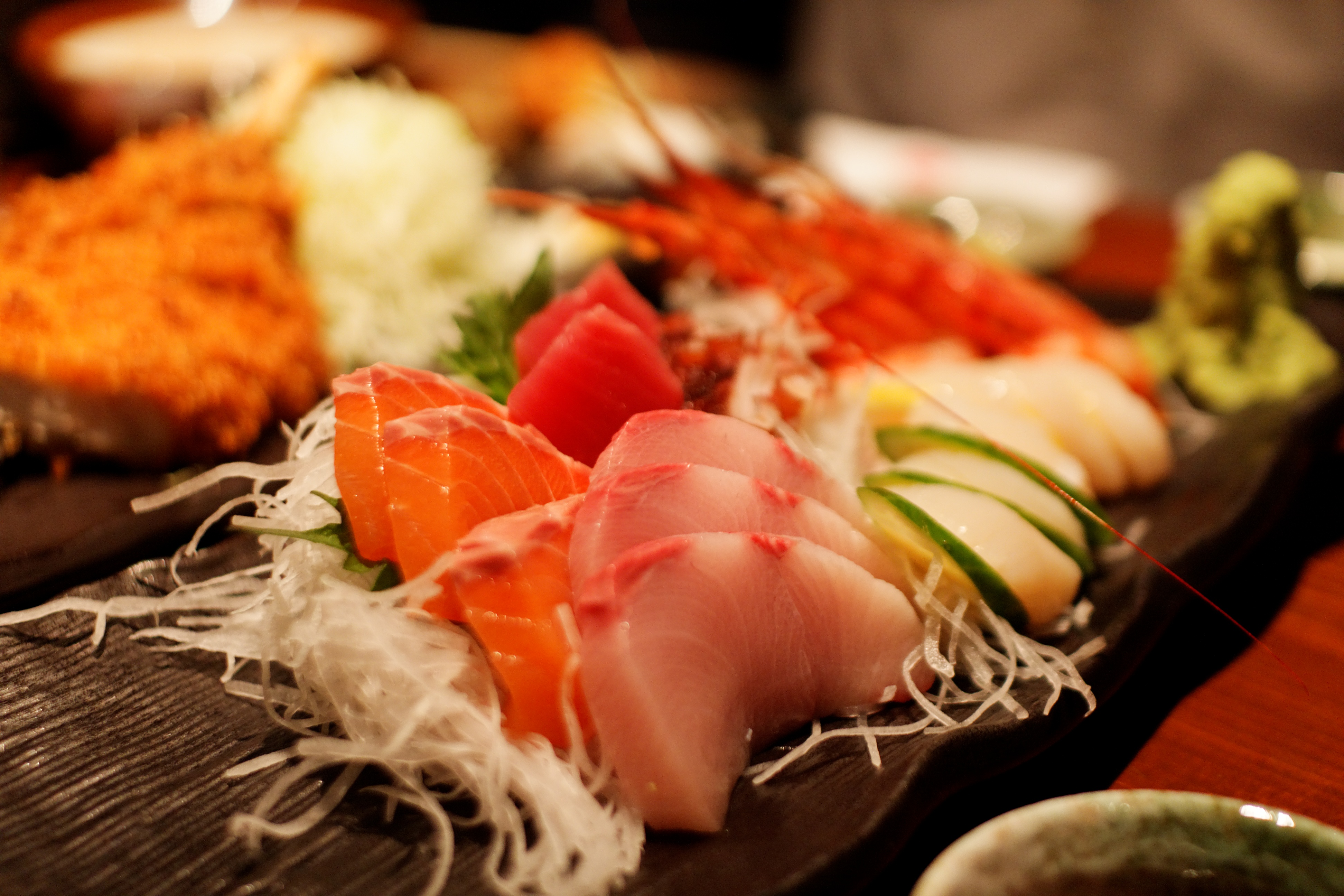As we age, our metabolism slows down, our digestive system becomes more sensitive, and we are more prone to chronic diseases such as high blood pressure, diabetes, and heart issues. Some foods that were once tolerable can become harmful or more difficult to process. Here’s a list of 10 foods older adults (especially over 60) should avoid or limit:
1. Processed Meats (e.g., sausages, bacon, ham)
Why:
Processed meats are high in saturated fats, sodium, and preservatives like nitrates. These can increase the risk of heart disease, high blood pressure, and certain cancers.
2. Fried Foods
Why:
Fried foods are often loaded with trans fats and calories, which can lead to weight gain, inflammation, and poor heart health. Aging bodies process fats less efficiently.
3. Sugary Drinks (e.g., soda, sweetened tea)
Why:
These contribute to blood sugar spikes and can lead to type 2 diabetes, weight gain, and tooth decay. Older adults have a higher risk of insulin resistance.
4. White Bread and Refined Grains
Why:
These cause rapid blood sugar increases and offer little nutritional value. They can increase the risk of diabetes and do not support stable energy levels.
5. High-Sodium Foods (e.g., canned soup, instant noodles)
Why:
Too much salt raises blood pressure, increasing the risk of strokes and heart attacks. Kidneys also become less efficient at excreting excess sodium with age.

6. Alcohol (Excessive Consumption)
Why:
Alcohol affects balance, liver function, and cognition more strongly in older adults. It can also interfere with medications commonly taken at this age.
7. Full-Fat Dairy Products
Why:
High in saturated fats, these can raise LDL cholesterol levels. While calcium is important for bones, it’s better to opt for low-fat or plant-based alternatives.
8. Sweets and Baked Goods (e.g., cakes, cookies, pastries)
Why:
These often contain trans fats and high levels of sugar, which promote inflammation, increase the risk of diabetes, and contribute to weight gain.

9. Raw or Undercooked Eggs, Meats, or Seafood
Why:
Older adults have weaker immune systems and are more susceptible to foodborne illnesses. It’s safer to consume fully cooked proteins.
10. Caffeinated Beverages (in excess)
Why:
Too much caffeine can disrupt sleep patterns, worsen anxiety, and lead to dehydration — all of which are more problematic after 60.
✅ Tips for Healthy Eating After 60:
- Choose whole grains, lean proteins, and fresh vegetables/fruits.
- Drink plenty of water.
- Eat smaller, more frequent meals to support metabolism.
- Pay attention to bone health, muscle maintenance, and gut health.